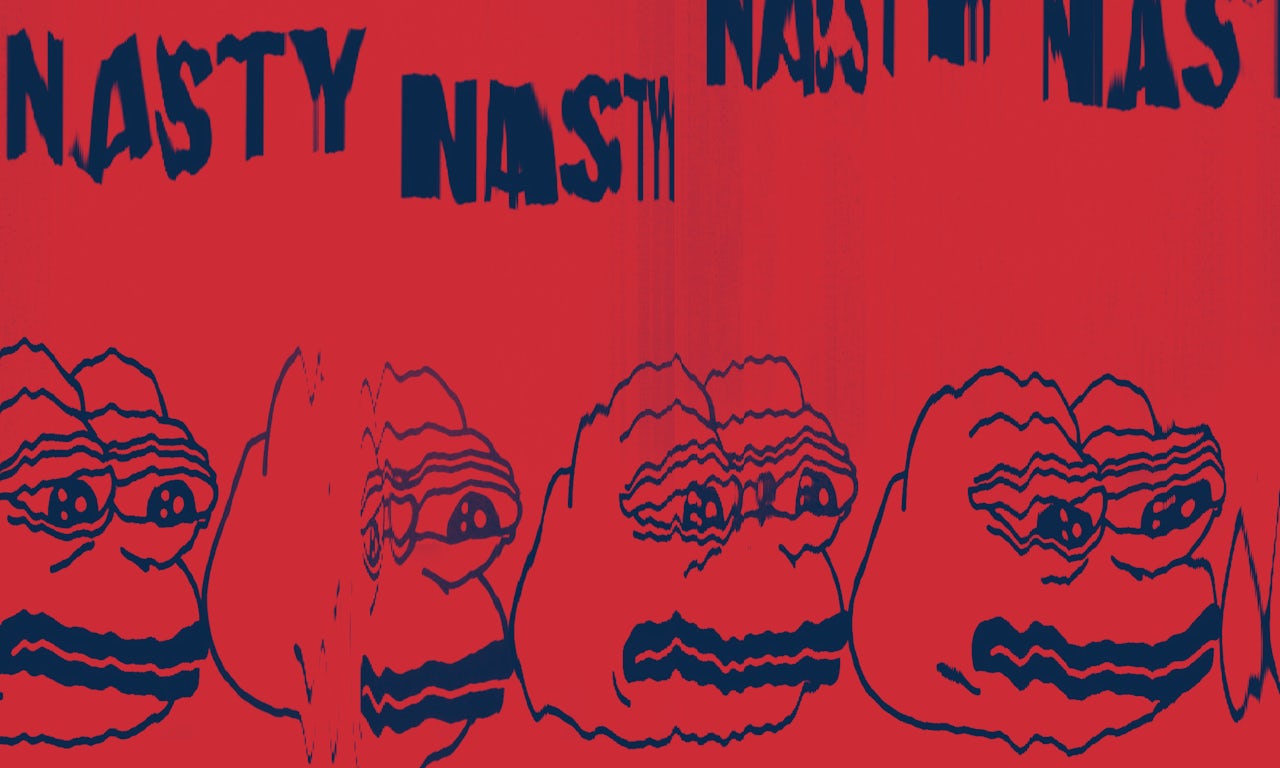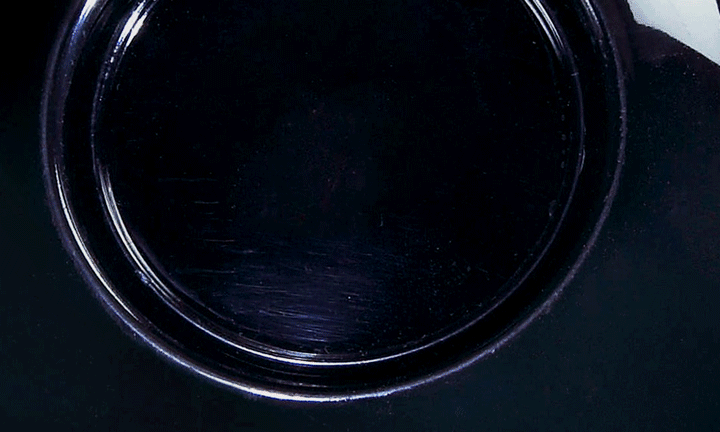In 1978, the comedian and actor Tim Allen, then known by his birth name, Timothy Alan Dick, was arrested at Kalamazoo/Battle Creek International Airport in Michigan. He was carrying a staggering quantity of cocaine — nearly a pound and a half — which he had attempted to sell to an undercover agent. Facing a life sentence under Michigan’s harsh new drug laws, he turned in 20 of his associates in exchange for a 28-month stay in federal prison. Looking back, Allen said this kerfuffle was a positive development in his life: "The judge had suggested I get my act together, and I took him seriously." This is patently untrue. The ostensibly reformed Tim Allen made a lateral move from lowlife to low culture, and we are all worse off because of it.
After his release, the troubled Tim Alan Dick became the straightlaced Tim Allen, Dick. As a convicted felon with no appreciable skillset, his employment options were limited to only the most undiscerning industries: street crime and 1980s stand-up comedy. He chose the latter option, rising through the ranks on the strength of his material: a readthrough of the Sears catalog punctuated by grunting noises. The powers that be discovered him in the LA comedy scene and decided to turn his act into a sitcom, Home Improvement. It was a by-the-numbers affair for the time: a suburban family that spoke only in zingers, a house lit up like a Kinkade cottage, middle parts for the kids and mullets for the men. The only unique element of the show was the Tim Allen Noises, of which there are two: an “uhh” sound, given an unnatural amount of what we now call uptalk, and a slowed-down version of the “OH WAH AH AH AH” noise from Disturbed’s “Down With the Sickness.” These noises, along with Marcy Playground, dial-up modems, and the hum of CRT monitors, helped to make that entire decade an aural hell.
Home Improvement aired its series finale in 1999, at which point Allen devoted himself to what appeared to be a promising film career, given the successes of Galaxy Quest and Toy Story 2. But his early silver-screen triumphs were flukes — he spent the next decade alternating box office flops like Joe Somebody (2001) and Big Trouble (2002) with superfluous Santa Clause sequels. Rescued from obscurity by Toy Story 3 in 2010, he decided to invest his industry capital in a thinly veiled Home Improvement reboot: the No. 56 most-watched series of 2015, ABC’s Last Man Standing.
The premise of Last Man Standing is that Allen, as Michael “Mike” Baxter, is consistently baffled by the female presences of wife, Nancy, a professional fracker, and three daughters, Kristin, Mandy, and Eve. The gender politics of the show are somewhat confusing. Instead of the Baxter home being the realm of the feminine, insulated from the brutal world of male competition, Allen’s character creates a hostile environment by demanding an inversion of established gender norms. By his rule, men and women are forced to adopt unconditional masculinity as an ethos. Mike Baxter is also a racist, and instead of hosting a show about carpentry like Tim “the Toolman” Taylor, he works as a marketing executive for a sporting goods chain (TV writers love to do this: By placing your sitcom dad in a superficially blue-collar job with a white-collar salary, you can give him everyman appeal without having to acknowledge the financial struggles of blue-collar work). This new variation of Allen’s act is motivated primarily by cultural conservatism and jealousy of his daughters’ boyfriends. Much like those creepy “rules for dating my daughter” T-shirts that celebrate treating women like property, Allen’s need to impress his daughters by one-upping teen boys (in the pilot, he suggests that his daughter leave her boyfriend because, unlike her father, he can’t change a tire) is less “ha-ha” funny than “indicative of deep-seated sexual pathology” funny.
None of this was novel then, and it isn’t novel now.
For its retrograde content, Last Man Standing isn’t an example of ’90s nostalgia. The cultural imprint of Home Improvement was far too slight to merit present-day nostalgia, even in a culture that exists primarily to recycle itself (see: vaporwave, an internet-spawned “microgenre” that collects pieces of cornball innocence from the ’80s and ’90s and mashes them into digital pop art). Cultural detritus like this, despite its insistence on multiple levels of self-aware irony, is one of the purest and most sincere expressions of generational dread, of the feeling that Baby Boomers promised us a bright future and then worked behind the scenes to ruin it. Income inequality, student loans, climate change, never being able to own property, yadda yadda yadda; the anxious millennial mind looks backward at the optimism of childhood. Windows ’95 ads that got people excited about the future of home computers — a future that turned out to be Windows 8 begging you to install Windows 10 for free. Seinfeld, in which Generation Xers somehow managed to live in Manhattan and go out to eat every day despite working sporadically at best. Home Improvement wasn’t an optimistic portrayal of a nuclear family; it was a bleak one. It was a white upper-middle-class dad in ill-fitting jeans, a man who was somehow both anti-intellectual and a know-it-all, an incompetent handyman who routinely started fires and fell off the roof but was nonetheless crowned an expert and given a TV show. None of this was novel then, and it isn’t novel now.
The Tim Allen archetype never actually went away, either. Shortly after we lost Home Improvement, we elected George W. Bush who, like Allen, adopted an “everyman” character and reinforced it with his constant pratfalls. Like Allen, he was arrested for a DUI and treated with the utmost leniency. (The incident report from Allen’s 1997 arrest: “Mr. Dick was asked to recite the alphabet. Mr. Dick attempted the alphabet, but when he reached the letter ‘O’ he then stated ‘Q, R, Z.’” He received one year probation.) American audiences, despite our devotion to strict meritocracy, love the trope in which a bumbling idiot is nonetheless handed fame and fortune through inheritance or dumb luck. It comes as no surprise that Last Man Standing went on air shortly after Bush left office, and it will come as no surprise if its series finale airs shortly after Trump, a gaffe-prone TV star who lusts after his daughter, stumbles into the White House. Reality will make Last Man Standing redundant.
Reality will make Last Man Standing redundant.
The inherent conservatism of the post-Archie Bunker sitcom dad isn’t purely theoretical. As the relative influence of network sitcoms grows ever smaller, so does the media footprint of the two-bit comic they were so often built to showcase. The sitcom patriarchs of the 1990s are now relegated to the status of professional grumps — Bill Cosby, up until dozens of sexual assault allegations ended his career, delighted right-wing commentators by lambasting black teenagers for wearing saggy pants. Jerry Seinfeld caused a stir last year when he criticized PC outrage on college campuses (“They just want to use these words: ‘That’s racist’; ‘That’s sexist’; ‘That’s prejudiced.’ They don’t know what they’re talking about,” he said) and advised comedians not to do college gigs.
Tim Allen, though not yet retired, thrives in this environment. Breitbart loves him — the site recently published a clip from Last Man Standing in which his character mocks the concept of microaggressions. In the scene, Allen’s liberal daughter Mandy asks him to deliver a speech at her college graduation, but there’s a catch! His daughter is actually a hamfisted caricature of the overzealous campus activists hyped by Jonathan Chait and Reason magazine. Sure, people are too sensitive these days, too quick to take offense — you can make that case — but not while simultaneously whining to Fox News, as Allen did, that celebrities are being ��bullied” for supporting Trump.
Perhaps this is Allen’s final form, the man he always wanted to be. Reinforcing the norms of the “stereotypical American male” by repeating them ad nauseum was a good start, but, as with any effort to take pride in one’s status as a member of a dominant group, this was merely a surrogate for supremacist anger. An undercurrent of rage at the Other, at the feminine or the tolerant or the intellectual, is what drives Allen’s comedy. In an interview earlier this year he was asked how he differs from the right-winger he plays in Last Man Standing. His response: “He's milder than I am. You wouldn't want to hear what I have to say.” Given that his character’s rants are a mainstay at Breitbart, the self-professed “home of the alt-right,” what must he be saying in private to make them look comparatively mild? When Seinfeld’s Michael Richards squandered his canceled-sitcom goodwill in 2006 by screaming the n-word at a black heckler, he was acting prematurely. He should have started small and worked his way up to that grand finale. Tim Allen was smart enough to play the long game.


